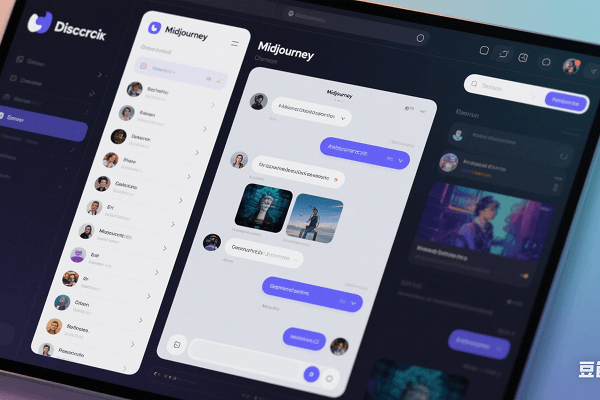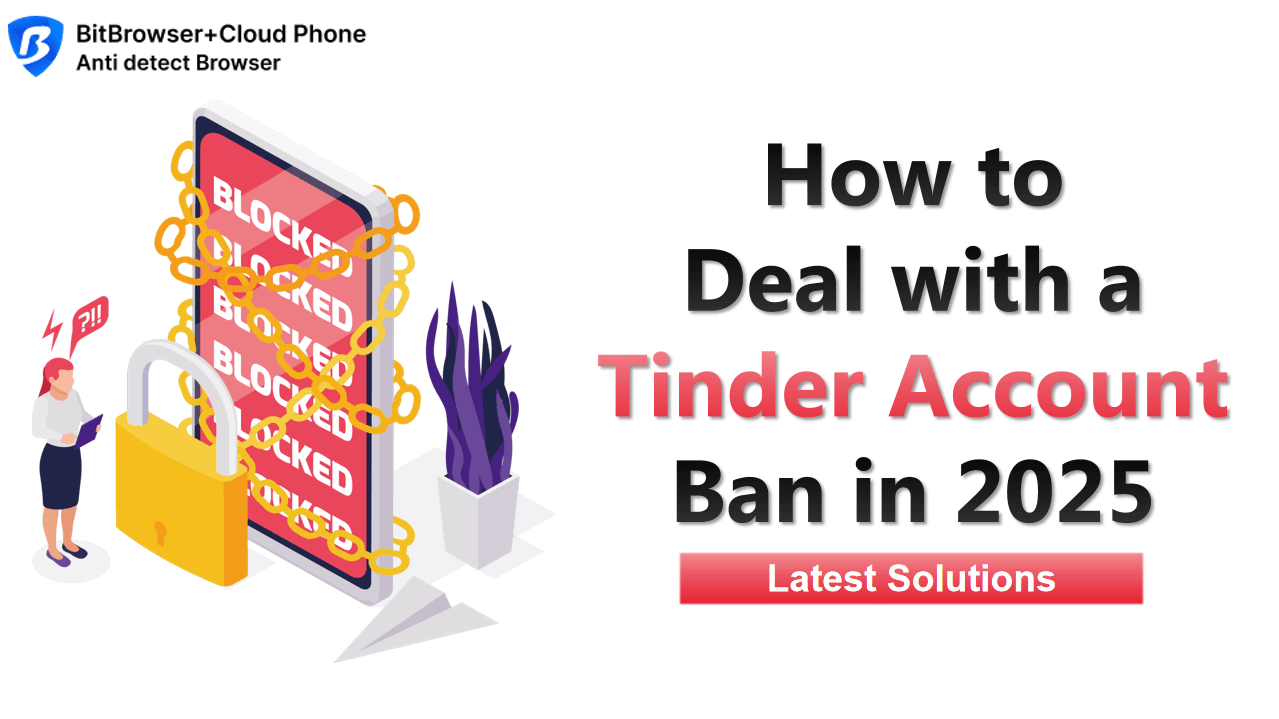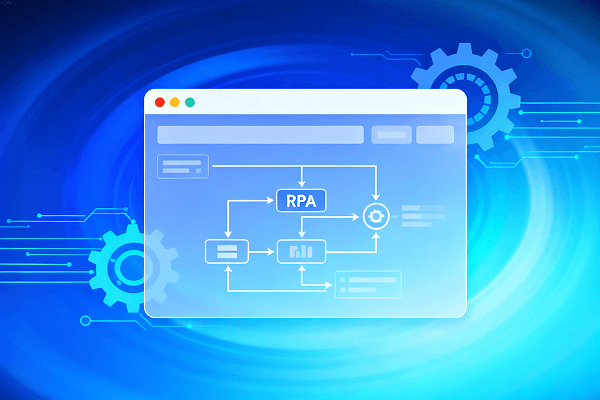
Hot Picks
How to run Facebook ads in 2025? Ideas
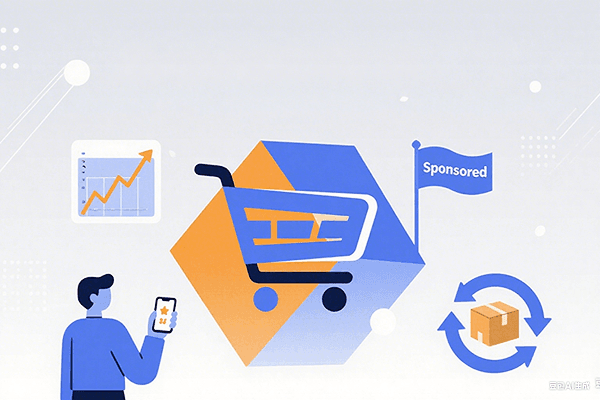
Hot Picks
How to promote on Amazon? Sharing various promotion methods
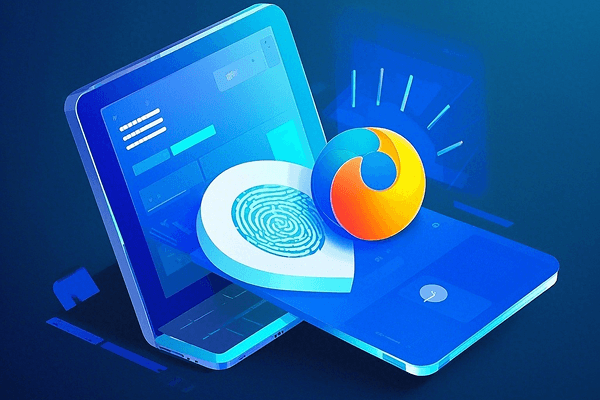
Hot Picks
Choose BitBrowser for fingerprint browsers, and look for the only official website: bitbrowser.cn
Which is more secure, a virtual browser or a VPN?
Time: 2023-08-11 18:12 Click:
Did you know that VPNs are not as completely safe as you might think? You may think that using a VPN connection will protect your online data, but in reality, the security of a VPN connection is affected by many factors. Therefore, answering the question "is a VPN safe" is not an easy task. But a virtual browser might be a better option.
Why would you use a VPN?
VPN stands for Virtual Private Network, and its role is to allow users to access a secure connection while using a public network. By using a VPN service, your data traffic can be anonymously protected, making it difficult for third parties to track your online activities. According to a global survey conducted by McAfee in 2018, they found that 43% of respondents felt a lack of control over their personal information. If you feel the same way, it might be a good idea to consider a VPN.
You might consider using a VPN service if:
You want to access geo-restricted content: Some websites or services may restrict access based on your geographic location. By using a VPN, you can choose to connect to servers in other regions to bypass these geo-restrictions and access the content you want.
You want to protect your data and remain anonymous on the Internet: When using public Wi-Fi networks, your personal data may be at risk of security. By using a VPN, your data will be transmitted through an encrypted channel, protecting your privacy and keeping you anonymous on the Internet.
You'll need to work with organizations that use VPNs to protect and share their resources: Some organizations may require you to use a VPN to access their internal network to ensure data security and confidentiality. By partnering with these organizations, you can use a VPN to connect to their networks and share resources securely.
Virtual browsers provide a higher level of internet anonymity, while VPNs do little to make users completely anonymous on the internet. While a VPN can prevent your activity from being linked to your identity, it can still track your actions through online stalking. For example, when you search for something on Google, Google may not know that you are searching.
However, once you're logged into your account, Google knows who you are, and a VPN can't shield that, no matter how your IP address changes. Online tracking and analysis is a complex system that involves more than just changes in IP addresses. Big tech companies like Google get their data from multiple sources.


Therefore, a VPN only provides a basic level of internet anonymity. VPNs are powerless in the face of modern tracking techniques like browser fingerprinting. Today, many websites use browser fingerprinting technology to create digital fingerprints to replace traditional methods such as cookie tracking to identify and analyze Internet users. For example, canvas fingerprinting utilizes a specific browser feature (HTML5 canvas element) that cannot be masked by a VPN connection. A virtual browser is one tool that can combat this form of analysis and tracking, employing different techniques and offering better protection than a VPN. Virtual browsers are often built like regular browsers like Chrome and Firefox, but with more features and privacy protections. They provide a higher level of anonymity on the Internet. They do this by spoofing your browser fingerprint, modifying your browsing profile to make it as generic as possible. This prevents websites and other tracking proxies from collecting accurate data about your internet activity. This is just one of the many features virtual browsers offer.
Imagine you need to manage multiple accounts using a regular browser and a VPN, but still want to protect your privacy. It's like completing a "mission impossible". With BitVirtual Browser, you can operate multiple accounts with separate browser fingerprints within the same browser interface. These unique fingerprints activate in minutes, and when you switch between profiles, it's like using tabs in your browser. Maybe you're thinking, "Wait a minute, Chrome already allows me to have multiple browser profiles!" True, but those profiles can still be associated with your IP address, hardware, and other information. Whereas a virtual browser completely changes your browser fingerprint to make it look like you are connecting from another device.
This way, you can have many browsing profiles that are independent of each other. Virtual browsers aren't the only tool for protecting the privacy of your digital identity, but they're easier to use than running multiple different devices.

 Multi-Account Management
Multi-Account Management Prevent Account Association
Prevent Account Association Multi-Employee Management
Multi-Employee Management

